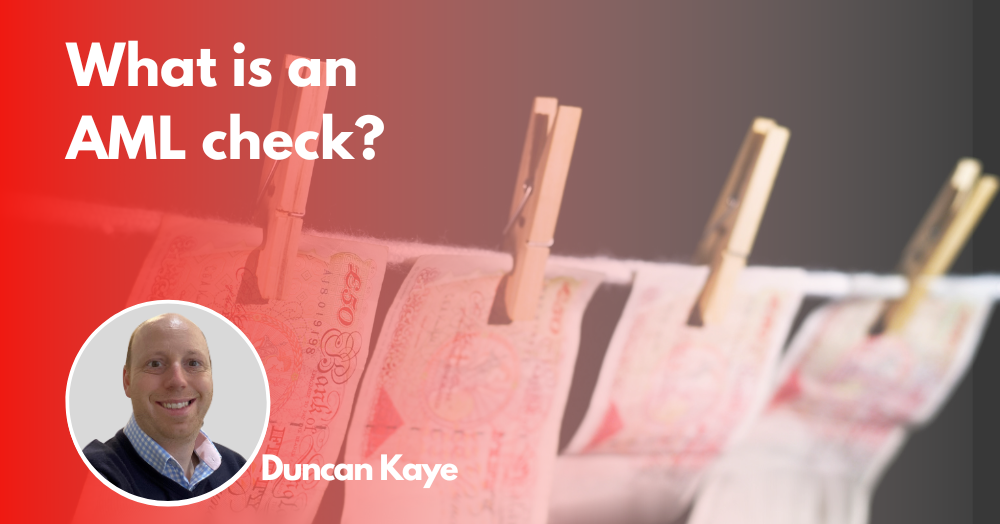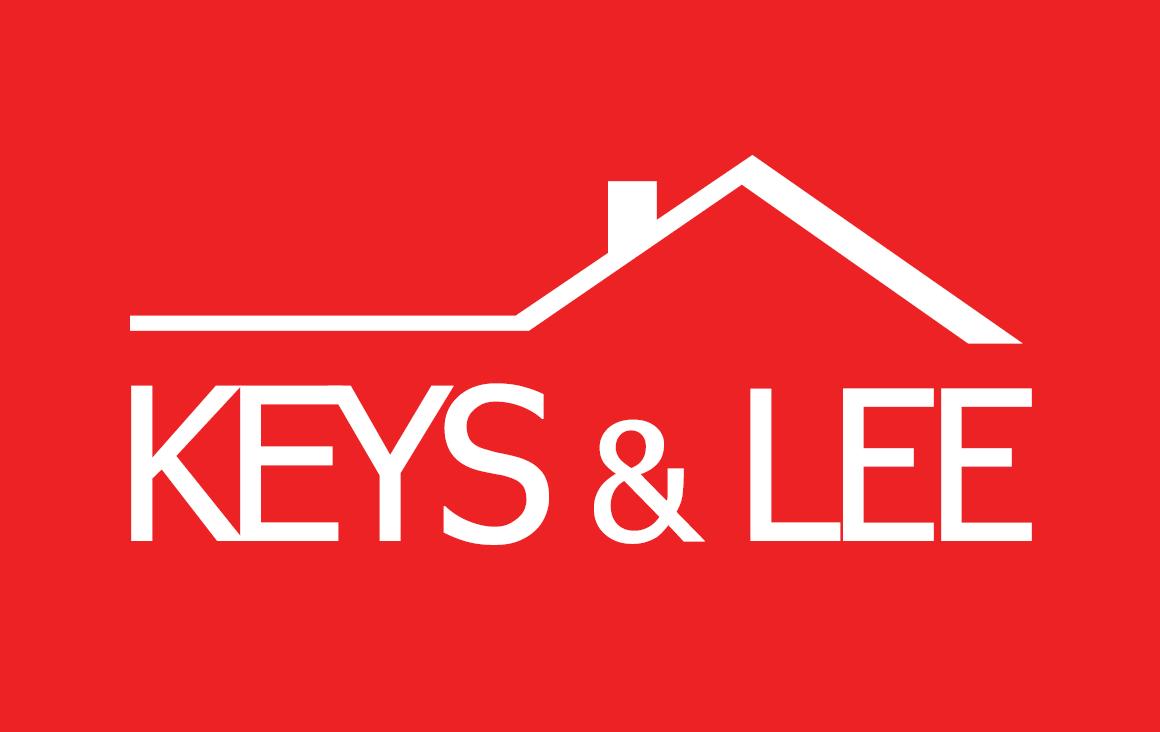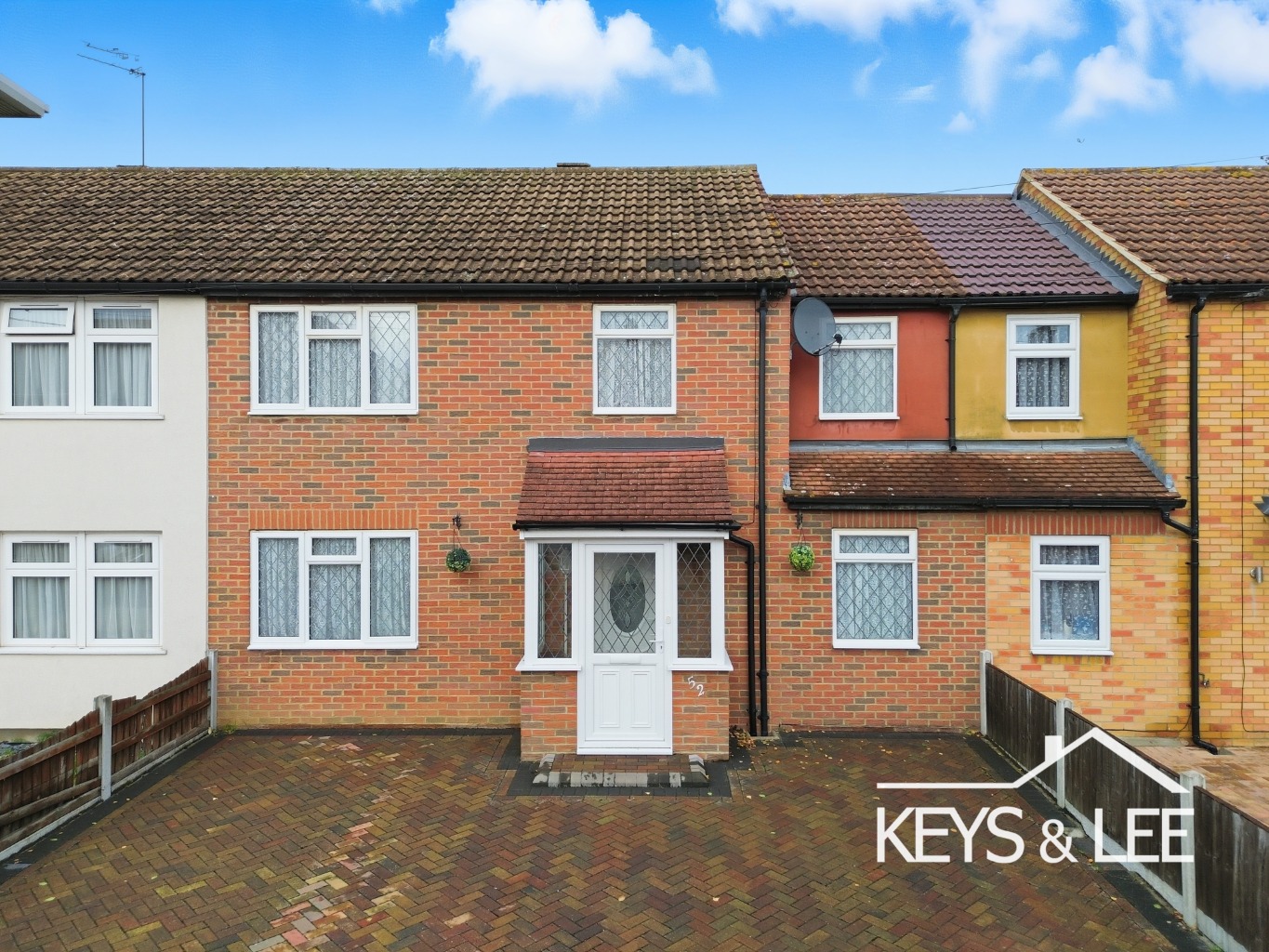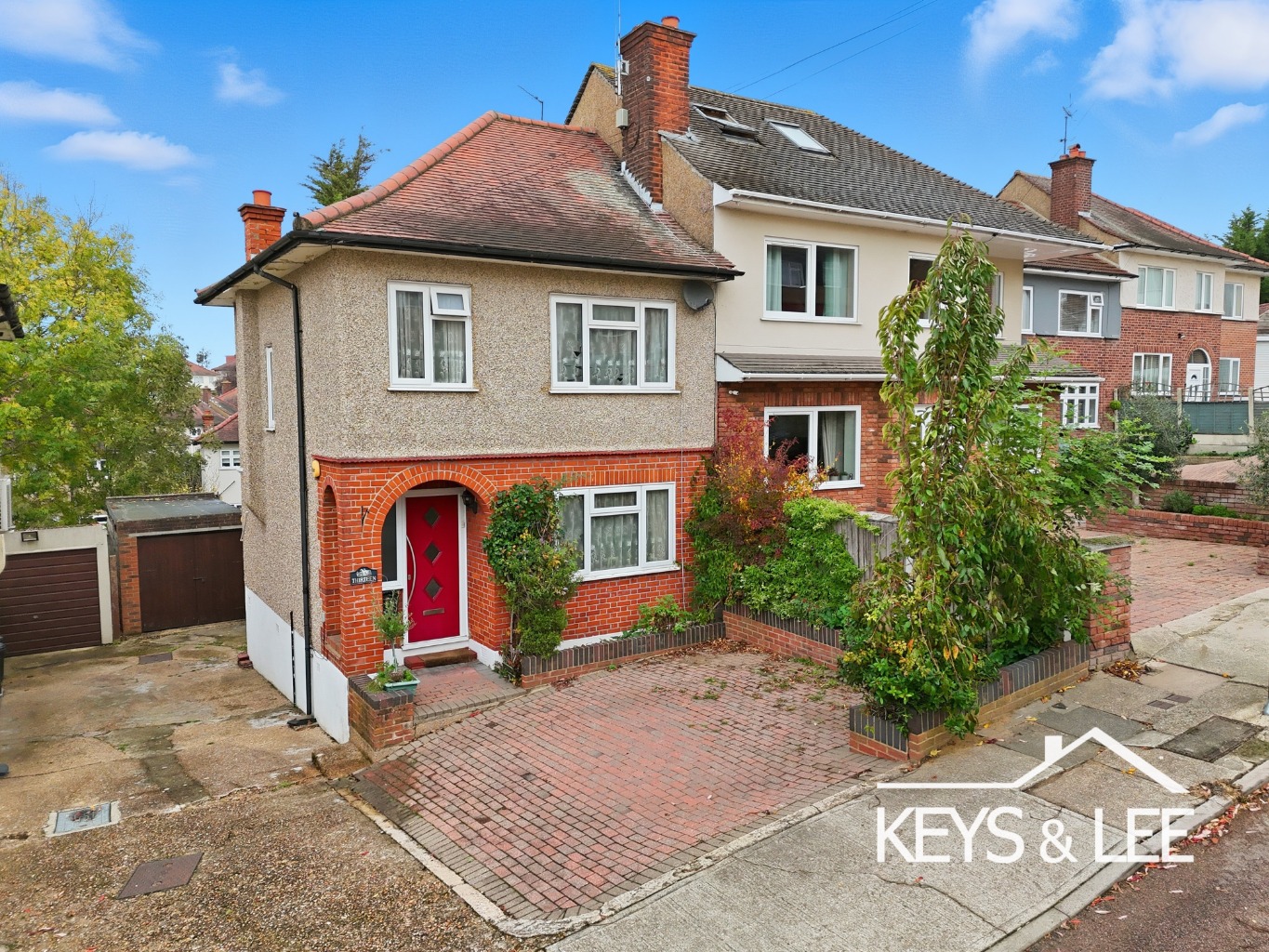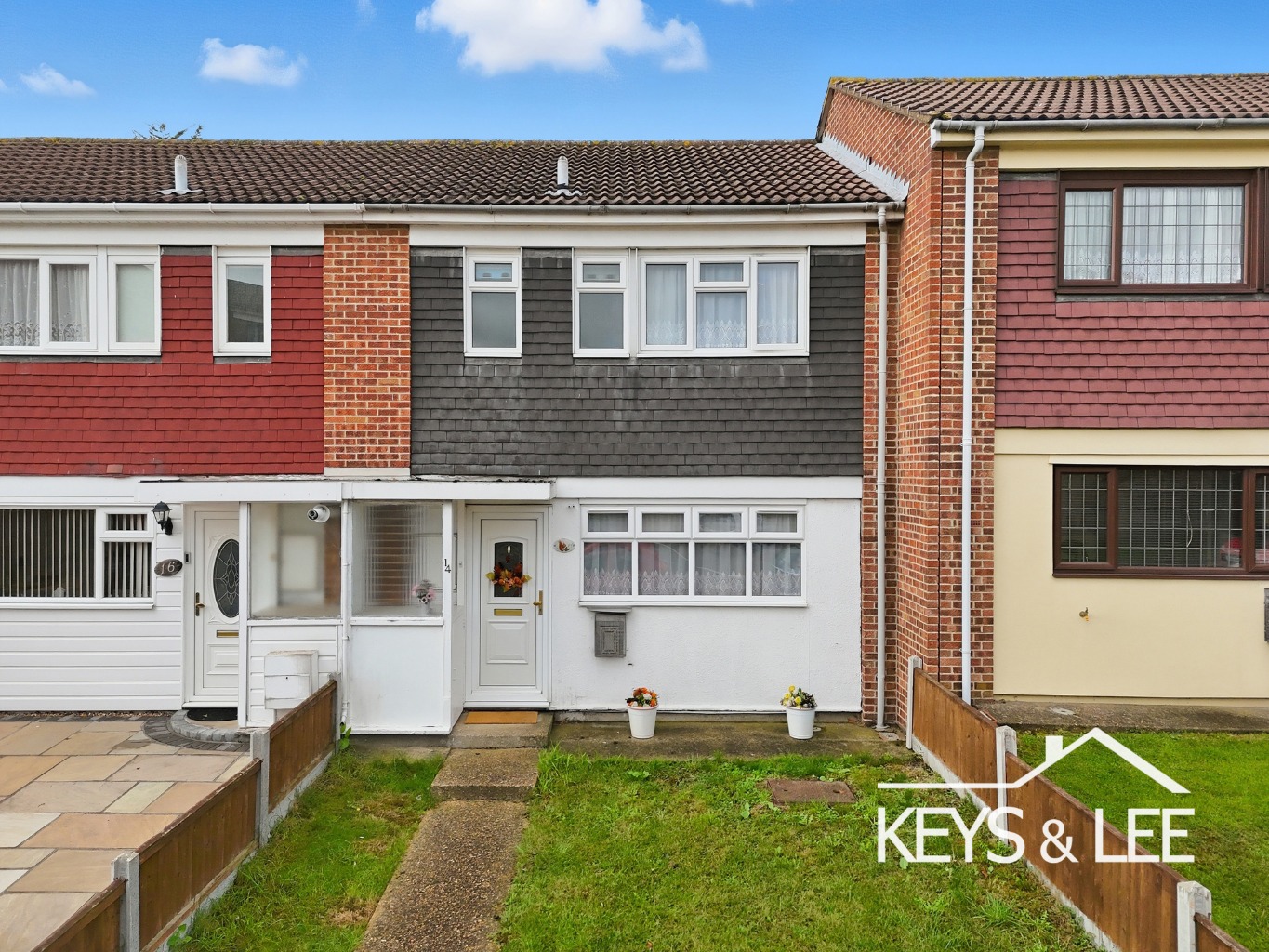What is an AML check?
AML stands for Anti-Money Laundering. It refers to laws that are in place to stop criminals from using property to “clean” money they’ve gained through illegal activity.
That might sound like something from a film, but it’s a very real issue. Property is often used to launder money because it involves high-value transactions and, in some cases, less scrutiny than you’d expect. In fact, research shows that 41% of the most threatening criminal networks in the UK and Europe launder money through property.
AML checks are designed to prevent this, and estate agents, solicitors and mortgage lenders are legally required to carry them out before you can proceed with a sale or purchase.
What can money laundering look like in property?
Here are just a few examples of how property might be used to launder money:
• Buying a property using illegal funds, then renting or reselling it to make the money appear legitimate.
• Using complex company structures to hide who really owns the property.
• Paying large sums to an agent or company, then reclaiming it as a refund.
• Funding a purchase with money linked to mortgage fraud.
• "Ghost lettings"—where a property appears to be rented but isn’t actually lived in, just used to move money around.
Most people involved in a property transaction will never come across this sort of thing. But the checks are in place to make sure criminals can’t exploit the system.
Why do you have to go through AML checks?
In short, it’s the law.
AML checks are part of the Money Laundering Regulations 2017, which are backed up by the Proceeds of Crime Act 2002. If an agent or solicitor doesn’t follow them, they can face fines, suspension, or worse. That’s why even small independent agents (like us) must complete these checks, no exceptions.
It’s not just about ticking a box. AML checks help prevent fraud, protect honest buyers and sellers, and reduce the risk of organised crime being funded through the housing market.
What do estate agents check?
When you list your home for sale, your estate agent will ask for:
1. Proof of Identity
A passport or photo driving licence.
2. Proof of Address
A recent utility bill, bank statement, or council tax bill, usually dated within the last three months.
3. Proof of Ownership
Agents may check Land Registry records to confirm you’re the legal owner of the property being sold.
4. Source of Funds
If you’re buying, the agent needs to understand where your money is coming from, savings, a sale, a gift, inheritance, or something else.
What counts as proof of funds or source of funds?
If you’re buying a property, you’ll be asked for both proof of funds (that the money is there) and source of funds (where the money came from). These are two slightly different things.
Some examples of acceptable documents:
• Proof of funds:
o Bank statement showing your deposit or full purchase amount
o Mortgage agreement in principle
o Sale completion statement from your previous property
• Source of funds:
o Savings account history
o Gifted deposit letter (and ID from the person gifting it)
o Inheritance paperwork
o Sale of investments or pension lump sum
If any funds are coming from outside the UK, particularly from higher risk countries, you’ll need to get extra clarity from your solicitor or agent. Transactions involving international funds can be more complex under AML rules.
Why am I being asked multiple times?
You’ll usually be asked for AML documents at two or three stages during the process:
• By your estate agent when listing your property or making an offer.
• Again by your solicitor or conveyancer once an offer is accepted.
• Possibly by your mortgage lender, especially if the funds are coming from outside the UK.
It might feel repetitive, but each party has their own legal responsibility to perform checks—they can’t rely on someone else’s paperwork from earlier in the process.
How long does an AML check take?
Once you’ve sent over the right documents, the checks are usually completed within a few days, sometimes sooner. Delays tend to happen when documents are missing, out of date, or don’t clearly show the information needed.
Most agents now use secure online systems to carry out ID verification, so you may not even need to come into the office.
Final thought
AML checks are an essential part of buying or selling a home in the UK. They may seem like just another hoop to jump through, but they help protect the integrity of the property market and protect you, too.
If you're ever unsure why you're being asked for a certain document, just ask. A good agent or solicitor will always be happy to explain.
Make sure you follow Keys & Lee on
Instagram,
Facebook and
YouTube for regular content and information for homebuyers and sellers in Romford.
07969 638349
duncan.kaye@keysandlee.co.uk
Duncan has been selling homes in Romford for 23 years and helped thousands of people, couples and families move to a new home.
Having sold family homes, probate properties, off market homes and high value exclusive estates, Duncan will be able to work with you to achieve an outcome that suits your specific needs.
